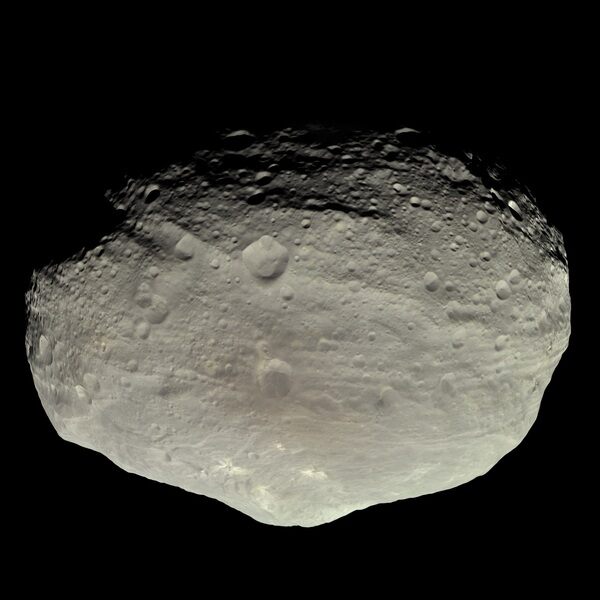1.67" Diogenite Meteorite (11.3 g) Slice - NWA 7831
This is a 1.67" wide (11.3 gram) slice of the Diogenite meteorite, NWA 7831. It has beautiful, gemmy, green orthopyroxene crystals that have a bright sheen on their cleaved faces. A really beautiful and interesting meteorite.
About NWA 7831
NWA 7831 was found in 2013 at a place called Chouichiyat, about 100 kilometers northeast of Laayoune in the Western Sahara. It is a single 20-kilogram mass composed of yellow-green crystalline material with pale orange weathering products along numerous fractures. Much of the material disintegrated into fragments upon excavation.
Meteoritical Bulletin: Entry for the Meteorite NWA 7831
NWA 7831 was found in 2013 at a place called Chouichiyat, about 100 kilometers northeast of Laayoune in the Western Sahara. It is a single 20-kilogram mass composed of yellow-green crystalline material with pale orange weathering products along numerous fractures. Much of the material disintegrated into fragments upon excavation.
Meteoritical Bulletin: Entry for the Meteorite NWA 7831
Diogenite Meteorites
Diogenite meteorites are a class of achondritic (stony) meteorites believed to originate from the inner crust of the asteroid (or minor planet) 4 Vesta.
4 Vesta, or simply Vesta, is the second largest object in the asteroid belt, with a mean diameter of about 525 kilometers (326 miles) and an elliptical shape. Vesta is likely the remnant of a destroyed planet, since it still retains a differentiated interior just like the layers of Earth and other rocky planets. It is one of just seven bodies in the solar system that humans have physical samples of. It is also the brightest asteroid visible from Earth, and can be seen with the naked eye!
Diogenites themselves are from a distinct part of Vesta: they come from the inner crust and are plutonic. They formed from intrusive igneous processes: in other words, diogenites were lava that cooled long enough to create crystals larger than what are found in howardites and eucrites, two other kinds of Vesta meteorites more commonly found on Vesta's surface. Thus, diogenites could indicate that Vesta was once part of a larger rocky planet with differentiated layers!
Diogenites are named for the ancient Greek philosopher Diogenes of Apollonia, who was the first person known to suggest that meteorites came from outer space.
Diogenite meteorites are a class of achondritic (stony) meteorites believed to originate from the inner crust of the asteroid (or minor planet) 4 Vesta.
4 Vesta, or simply Vesta, is the second largest object in the asteroid belt, with a mean diameter of about 525 kilometers (326 miles) and an elliptical shape. Vesta is likely the remnant of a destroyed planet, since it still retains a differentiated interior just like the layers of Earth and other rocky planets. It is one of just seven bodies in the solar system that humans have physical samples of. It is also the brightest asteroid visible from Earth, and can be seen with the naked eye!
Diogenites themselves are from a distinct part of Vesta: they come from the inner crust and are plutonic. They formed from intrusive igneous processes: in other words, diogenites were lava that cooled long enough to create crystals larger than what are found in howardites and eucrites, two other kinds of Vesta meteorites more commonly found on Vesta's surface. Thus, diogenites could indicate that Vesta was once part of a larger rocky planet with differentiated layers!
Diogenites are named for the ancient Greek philosopher Diogenes of Apollonia, who was the first person known to suggest that meteorites came from outer space.
$125
TYPE
Achondrite (Diogenite)
AGE
LOCATION
Saguia el Hamra, Western Sahara
SIZE
1.67 x 1.43", .15" thick, 11.3 grams
CATEGORY
SUB CATEGORY
ITEM
#280960
 Reviews
Reviews










